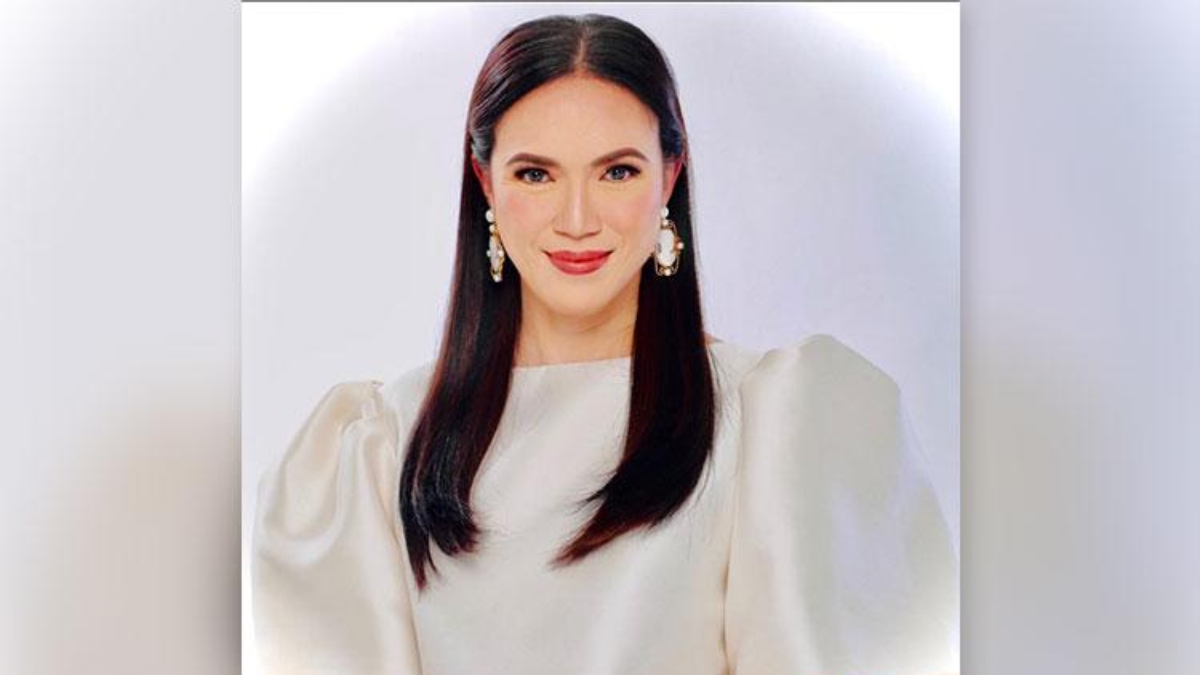In light of the recent 12-day airing suspension imposed on ABS-CBN’s “It’s Showtime” by the Movie and Television Review and Classification Board (MTRCB), the University of the Philippines (UP) Department of Broadcast Communication has called for the resignation of MTRCB Chairperson Diorella “Lala” Sotto-Antonio.
The UP department criticized Sotto-Antonio for compromising “her position and objectivity as a public official.”
The suspension followed complaints regarding alleged “indecent acts” and inappropriate language used by hosts Vice Ganda and Ion Perez.
The MTRCB stated that Sotto had excused herself from the voting process to allow board members “to exercise their independent judgment.”
Reacting strongly to the decision, the UP department voiced concerns over the MTRCB’s “consistent failure to be responsive to the times,” citing it as a “regressive” agency with a penchant for “censorship and high-handedness.”
The department highlighted that this act disregarded the impact on the show’s labor force and demonstrated the MTRCB’s deviance from its mission to promote “intelligent and responsible viewership.”
In a detailed statement released on their Facebook page, the UP department stressed that the sanction is “severe” and “lacked wisdom and discernment.”
The department further called for the total abolition of the MTRCB, describing it as an “outmoded” institution with a history of “unnecessary interventions” in TV programs.
They advocated for its transformation into an entity advancing “critical, intelligent, liberating, and sensible media production and audienceship” in the current era of misinformation and orchestrated ignorance.
The call for Sotto-Antonio’s resignation also draws attention to a potential conflict of interest, given her relation to former Senator Vicente “Tito” Sotto III, host of “EAT,” a rival noontime show.
Sotto-Antonio has not yet responded to the call for her resignation. Meanwhile, ABS-CBN disclosed plans to file a motion for reconsideration, maintaining that no laws were violated.
The University of the Philippines Department of Broadcast Communication is a part of the interdisciplinary College of Mass Communication, dedicated to studying the broadcast industry and its production.
The department hopes to see the MTRCB evolve to foster creativity and encourage self-regulation in the broadcasting media, rather than serving as a “bastion of conservatism.”






